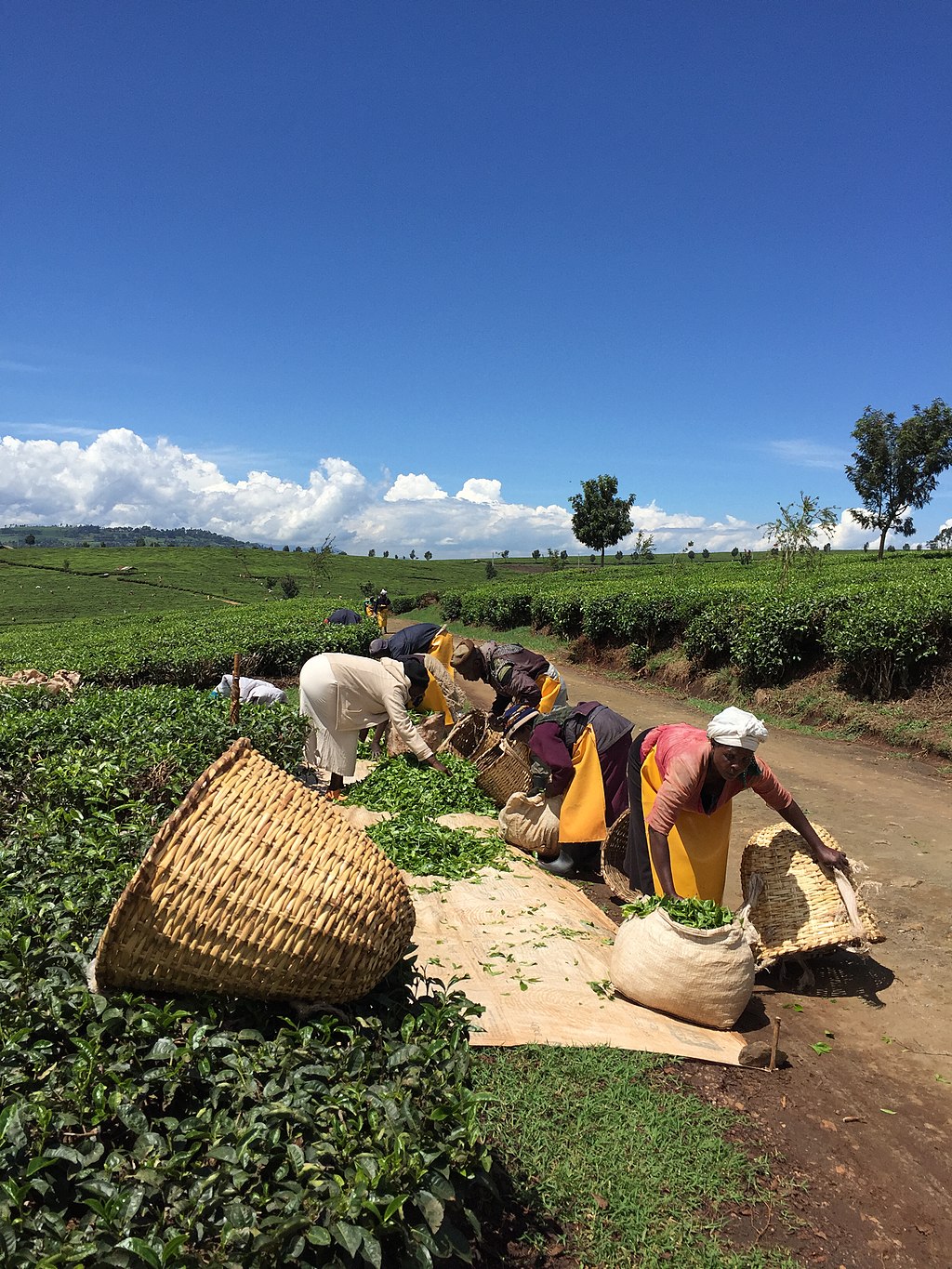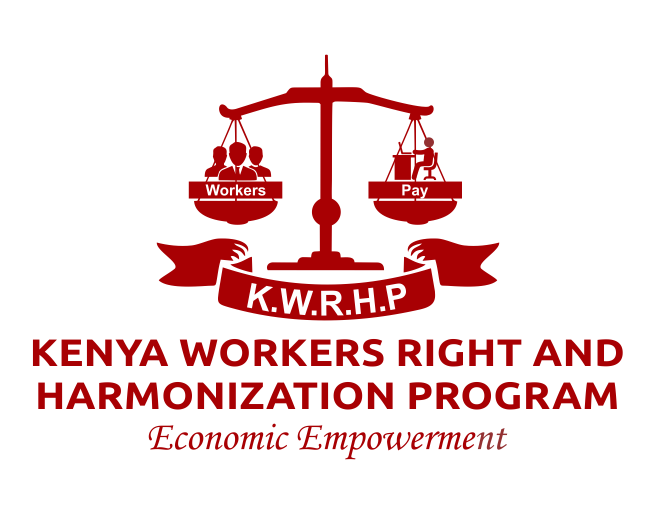
A KWRHP Gender Justice Investigation
NAIROBI, Kenya – Across Kenya’s agricultural heartlands, a hidden economy thrives—one where women trade their bodies for job security, fair pay, and basic dignity. In tea, coffee, and sugar plantations from Kericho to Kisii, a toxic culture of sexual exploitation has become the unspoken cost of a woman’s livelihood.
The Bitter Taste of Tea: Kericho & Bomet
The Situation:
In Kenya’s tea capital, female tea pluckers face systematic sexual harassment from foremen and supervisors. Our investigation reveals:
-
83% of women tea workers report being pressured for sexual favors
-
67% know women who received permanent contracts in exchange for sex
-
52% report being touched inappropriately during “quality checks”
-
Average “quid pro quo” demand: 2-3 sexual encounters for permanent employment
Worker Testimony – Esther, 28, Kericho Tea Estate
“The foreman told me my picking speed was too slow. Then he said he could ‘protect’ me if I became his ‘friend.’ When I refused, I was transferred to the farthest field. Women who sleep with him get the best sections and overtime opportunities.”
KWRHP Intervention:
-
Established women-only worker committees in 12 tea estates
-
Trained 40 female peer advocates on reporting mechanisms
-
Partnered with 3 estate managements on anti-harassment protocols
-
Provided legal representation for 23 sexual harassment cases
The Coffee Carnage: Central Kenya & Eastern Regions
The Situation:
In Kenya’s coffee belt, the exploitation takes more subtle but equally devastating forms:
-
76% of women coffee sorters report supervisors demanding sex for fair grading
-
Payment manipulation used as coercion tool
-
58% report being threatened with dismissal for refusing advances
-
Dark rooms and isolated storage areas primary locations for abuse
Worker Testimony – Grace, 32, Nyeri Coffee Cooperative
“The quality controller determines our daily pay based on how ‘cooperative’ we are. If you refuse his advances, your coffee is suddenly ‘low grade’ and you earn half what others make. We call it the ‘sex tax.’”
KWRHP Intervention:
-
Installed security cameras in 8 coffee factory grading areas
-
Created anonymous reporting system through USSD code
-
Conducted gender sensitivity training for 150 male supervisors
-
Established emergency response teams in 5 coffee-growing counties
The Sugarcane Shame: Western Kenya
The Situation:
Western Kenya’s sugar plantations present the most brutal exploitation landscape:
-
71% of women cane cutters report rape or attempted rape by supervisors
-
90% of seasonal workers experience some form of sexual harassment
-
Contract distribution explicitly tied to sexual compliance
-
Most vulnerable: Single mothers and widows
Worker Testimony – Mildred, 35, Mumias Sugar Zone
“The field supervisor told me: ‘Your body is your employment card.’ When I reported him to the police, they asked what I was wearing. The company transferred me to a field with the lowest yields. Now I can’t feed my children.”
KWRHP Intervention:
-
Launched #MyBodyIsNotABargainingChip campaign across Western Kenya
-
Provided self-defense training to 500 women workers
-
Established safe houses near major sugar plantations
-
Deployed mobile legal clinics to remote plantation areas
The Economic Impact: Counting the Cost
Productivity Loss:
-
42% of exploited women report decreased work performance
-
31% take unpaid leave to avoid harassers
-
Annual productivity loss estimated at KES 2.3 billion industry-wide
Health Consequences:
-
57% show symptoms of depression and anxiety
-
24% have contracted STIs from coercive relationships
-
18% report unwanted pregnancies from supervisor relationships
KWRHP’s Comprehensive Response

Women in a tea plantation
Corporate Accountability: Naming the Complacent
Major Brands Implicated:
-
3 international tea companies ignoring abuse in supply chains
-
5 coffee exporters failing to monitor contractor behavior
-
2 sugar manufacturers with systematic harassment patterns
KWRHP Advocacy Results:
-
2 multinationals adopted our gender protection policy
-
4 companies implemented independent monitoring
-
1 major retailer dropped suppliers over harassment records
The Way Forward: A Call to Action
To Plantation Owners:
-
Implement zero-tolerance sexual harassment policies
-
Establish independent reporting mechanisms
-
Conduct regular gender audits of working conditions
-
Provide comprehensive survivor support services
To Government Agencies:
-
Strengthen labor inspectorate gender capacity
-
Create specialized sexual harassment courts
-
Mandate gender compliance certification for exporters
-
Increase penalties for agricultural sexual exploitation
To Consumers Worldwide:
-
Demand ethically sourced products with gender verification
-
Support brands implementing KWRHP’s protection standards
-
Boycott companies ignoring plantation abuse
-
Amplify women workers’ voices in global supply chains
A Message from KWRHP’s Women Rights Division
“For too long, women’s bodies have been treated as part of the plantation infrastructure. This ends now. We’re not just fighting individual cases, we’re dismantling an entire system that treats sexual exploitation as a business expense. Every woman deserves to work with dignity, not fear.”
How You Can Help
-
Report abuse: KWRHP Women’s Safety Hotline 0800-720-901
-
Support survivors: Donate to our Gender Justice Fund
-
Volunteer: Join our plantation monitoring teams
-
Advocate: Push retailers to adopt our protection standards
The price of a woman’s safety should never be her dignity. Together, we’re building plantations where women work with respect, not fear.
*This investigation covered 47 plantations across 12 counties over 18 months. All statistics from KWRHP Field Research 2023-2024. Survivor names changed to protect identities. Supported by UN Women Kenya and the European Union.*







